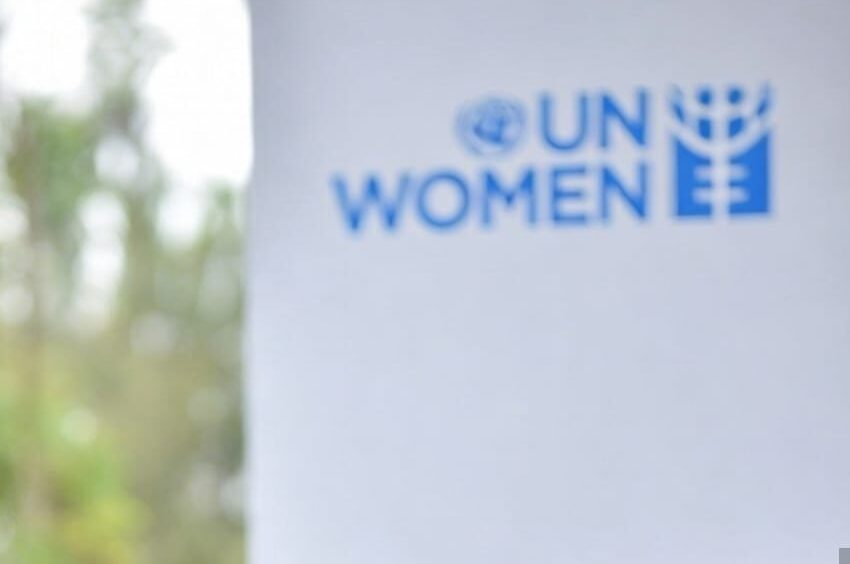UN Women Urges Strong Gender Action Plan At COP30

At COP30 in Belém, UN Women calls for a robust, well-funded Gender Action Plan to keep gender equality central to global climate action and governance
As world leaders convene in Brazil for the thirtieth UNFCCC Conference of the Parties (COP30), UN Women has urged countries to adopt a transformative and adequately funded Gender Action Plan (GAP) to ensure gender equality remains integral to global climate policy. The proposed framework aims to guide climate action over the next decade and safeguard the role of women and marginalised groups in decision-making processes.
The agency emphasised that climate change is not gender neutral and disproportionately affects women, girls, and vulnerable communities, deepening existing inequalities through displacement, food insecurity and loss of livelihoods. A strong GAP, it said, is essential to ensure that climate action remains inclusive, equitable, and effective.
The first Gender Action Plan, adopted in 2017, helped embed gender considerations across the UN climate process from mitigation and adaptation to finance and capacity-building. UN Women has now called on Parties at COP30 to address the root causes of gender inequality and ensure adequate resources and accountability mechanisms in the new framework.
The agency’s recommendations include protecting women’s rights in all their diversity, supporting women environmental defenders, and safeguarding civic space to strengthen climate justice. It noted that adopting a strong plan at COP30 would demonstrate global commitment to gender equality and reinforce the UNFCCC’s credibility as an inclusive and rights-based platform.
Scorecard Highlights Gender Gaps
Coinciding with the conference, UN Women and the Kaschak Institute for Social Justice for Women and Girls launched the Gender Equality and Climate Policy Scorecard, a new tool that evaluates how governments address gender inequalities in national climate policies. The assessment of 32 Nationally Determined Contributions (NDCs) highlights both progress and gaps across six key dimensions: economic security, unpaid care work, health, gender-based violence, participation and leadership, and gender mainstreaming.
The findings show that while many countries acknowledge women’s vulnerability to climate impacts, fewer recognise their role as contributors to climate solutions. Ten countries demonstrate comprehensive policy commitments, whereas several others show limited or no gender-responsive measures in their NDCs. Most pledges focus on women’s economic security, with health, care work, and gender-based violence receiving limited attention.
The Scorecard will be discussed at the UN Women’s COP30 side event, Gender-Responsive Climate Action: Unleashing and Accelerating Implementation of the Paris Agreement, in collaboration with the Government of Liberia and the Kaschak Institute, on 20 November.






































































































































































































































































































































































































































































































































































































































































































































































































































































































































































































































































































































































































